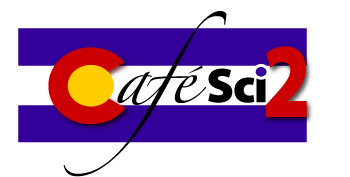|
At CU Denver he teaches classes exploring topics ranging from environmental science and policy to urban sustainability. Gregory is also an affiliate faculty member in Urban and Regional Planning. Aside from his domestic research, Gregory also holds a number of international interests and has served as a core advisor to sustainability initiatives under the United Nations. |
|
Every year in the US West, news reports fill the airwaves with stories of devastating wildfires, courageous rescue efforts and shattered communities. These incidents fan debates among community members, scholars, fire prevention agencies, and land use planners over how to identify and mitigate risks for vulnerable communities located at the wildland/urban interface (WUI). While these debates and resulting point-in-time assessments are immensely important, my research addresses the problem of WUI wildfires using an alternative lens – by investigating how vulnerability to wildfires is produced over time. Why are housing communities constructed in high-risk wildfire landscapes, thus increasing levels of social vulnerability? Does the composition of neighborhoods and home structures matter? Who is most vulnerable and why? What exactly are the risks? What happens after a fire disaster to minimize impacts in the future? My research seeks to answer these and other related questions in order to understand how we got into this "hot mess" and what, if anything, can be done to reduce vulnerabilities moving forward. |

 Gregory Simon is an Assistant Professor of Geography at the University of Colorado Denver. He has degrees in Economics and Environmental Science and Management, and earned his doctorate in Geography at the University of Washington. There Gregory also served as a National Science Foundation Fellow in Urban Ecology. Dr Simon also held a Postdoctoral Fellowship at Stanford University and has returned on several occasions as a Visiting Scholar.
Gregory Simon is an Assistant Professor of Geography at the University of Colorado Denver. He has degrees in Economics and Environmental Science and Management, and earned his doctorate in Geography at the University of Washington. There Gregory also served as a National Science Foundation Fellow in Urban Ecology. Dr Simon also held a Postdoctoral Fellowship at Stanford University and has returned on several occasions as a Visiting Scholar.